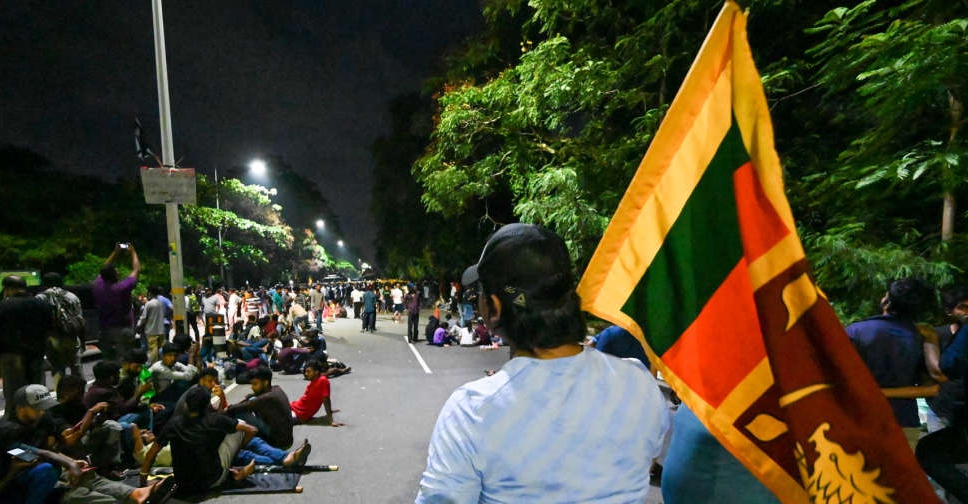
Thousands of shops, schools and businesses closed on Friday as public and private sector workers in Sri Lanka went on strike, demanding the president and the government step down for their mishandling of the island's worst financial crisis in decades.
Hit hard by the pandemic, rising oil prices and tax cuts by the government of President Gotabaya Rajapaksa, Sri Lanka has been left with as little as $50 million in useable foreign reserves, the country's finance minister said this week.
Shortages of imported food, fuel and medicines have led to more than a month of sporadically violent anti-government protests.
On Friday, shops were shuttered in major cities around the country and commuters were left stranded as private bus and train operators joined the strike.
The main train station in Colombo's commercial capital was closed on Friday morning and only public buses were operational at the terminal nearby.
Healthcare workers also joined the strike, though emergency services remained operational.
Hundreds of university students and other protesters remained camped outside the main road to parliament where they started a sit-in on Thursday. Some hung their underclothes on the barricades as an insult to the political leadership.
Opposition leader Sajith Premadasa told parliament on Friday the opposition wants to move a no-confidence motion against the president and the government next week.
Rajapaksa has refused to step down, instead repeatedly calling for a unity government led by him.
"We have called multiple times for the formation of a unity government or an interim government but it is the opposition that has refused to extend support," chief government whip and public security minister Prasanna Ranatunge told parliament on Friday.




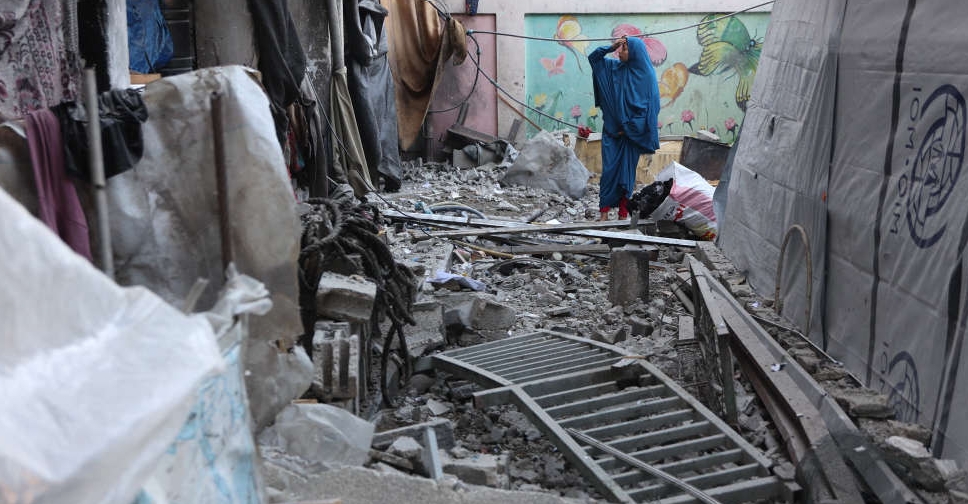 Israeli strikes kill 17 Palestinians in Gaza
Israeli strikes kill 17 Palestinians in Gaza
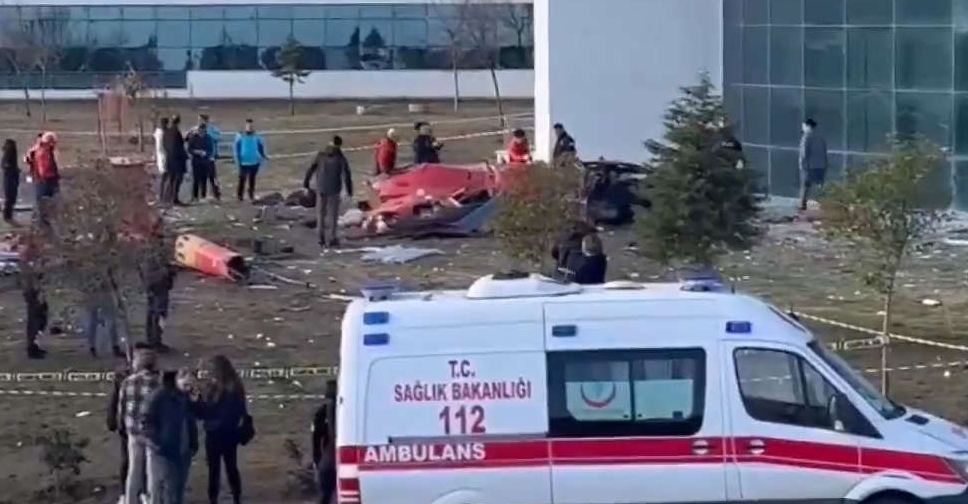 Four killed in helicopter crash at Turkish hospital
Four killed in helicopter crash at Turkish hospital
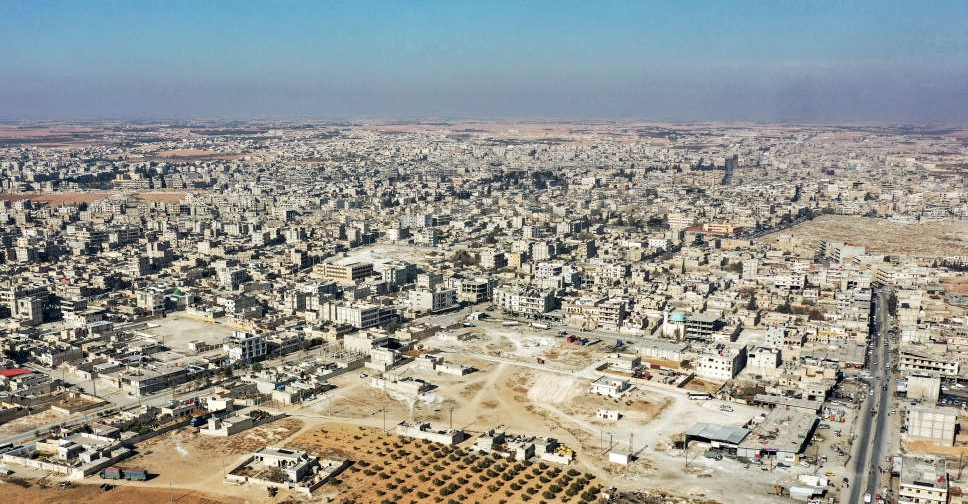 Five SDF fighters killed in strikes by Turkish-backed forces
Five SDF fighters killed in strikes by Turkish-backed forces
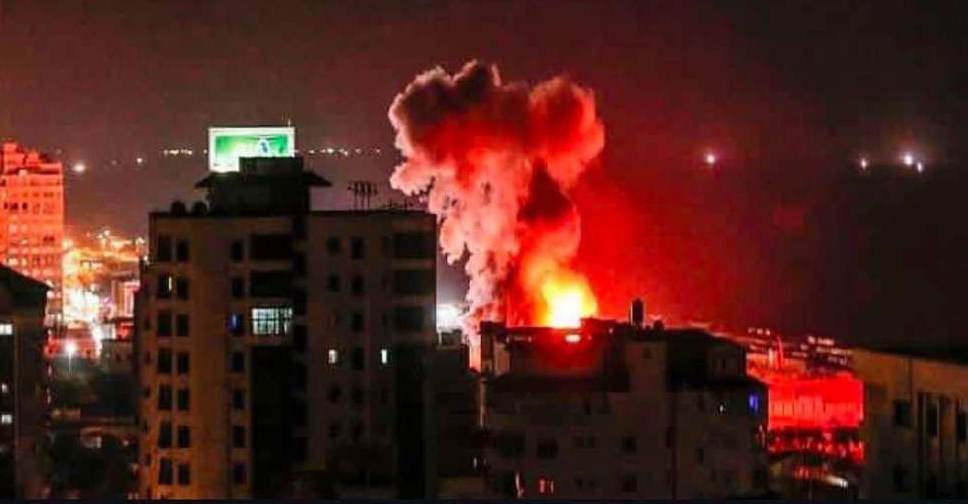 US conducts airstrikes against Houthi targets in Sanaa
US conducts airstrikes against Houthi targets in Sanaa

